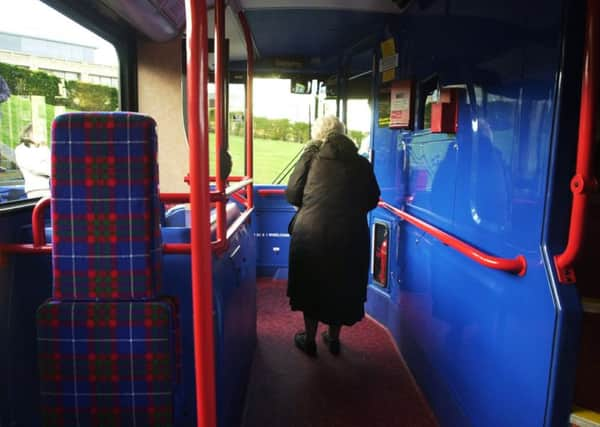M Ray: Scottish Government not giving proper support to bus industry


However, the unintended consequences of this spending are arguably more important than the intended benefits. Nobody should be surprised at a government decision to deliver free bus travel for all over 60s, but to reimburse operators at only 56.9 per cent of the fare leads to operators cutting services across the country. This is due to the resultant on-bus revenue failing to meet the required operating costs. Through this policy, the government has been responsible for removing copious bus services across the country and contributing to the current crisis in the industry.
The Chartered Institute of Logistics and Transport (CILT) has long highlighted the Government’s own research showing the current model of investment needs to be changed to reverse the ongoing decline of this essential industry. Different investment is needed to help build a future bus industry that can form a critical part of an integrated transport system. Smart tickets, wifi and real-time information on all services need not be expensive, but could make buses fit for the 21st century.
Advertisement
Hide AdAdvertisement
Hide AdIt is not advocated here to remove a transport concessionary scheme altogether but rather to accept the recommendations for reform of the scheme that have been repeatedly made in reports by transport professionals to successive governments. Government seems to have been spatially blind when talking about a universal policy, when in practice the concessionary travel scheme has been highly targeted at those with the best accessibility.
By making benefits available to those with the greatest needs, the scheme would not just become more equitable, but also more sustainable and affordable.